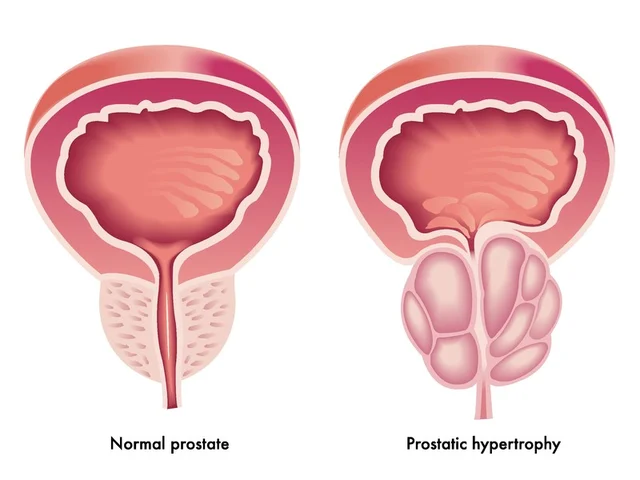What are Prostatic Symptoms? Understanding Signs, Causes, and Management
Prostate health is vital for men’s well-being, but understanding prostatic symptoms is equally crucial. Prostatic symptoms encompass a range of signs that may indicate underlying issues with the prostate gland. In this article, we delve into the signs, causes, and management strategies for prostatic symptoms.
Signs of Prostatic Symptoms
The signs of prostatic symptoms can vary and may include:
- Urinary Issues: Difficulty in urination, weak urine flow, frequent urination (especially at night), or a sense of incomplete bladder emptying.
- Pain and Discomfort: Pain or discomfort in the pelvic area, lower back, or genitals. Some men may experience pain during urination or ejaculation.
- Blood in Urine or Semen: Presence of blood in the urine (hematuria) or semen (hematospermia) may indicate prostatic issues and should be evaluated by a healthcare professional.
Causes of Prostatic Symptoms
Several factors can contribute to prostatic symptoms, including:
- Benign Prostatic Hyperplasia (BPH): Enlargement of the prostate gland, commonly seen in aging men, can lead to urinary symptoms.
- Prostatitis: Inflammation of the prostate gland, often caused by bacterial infection, can result in urinary discomfort and other symptoms.
- Prostate Cancer: While less common, prostate cancer can manifest with urinary symptoms, pelvic pain, and other signs.
Management Strategies
Managing prostatic symptoms involves various approaches:
- Lifestyle Modifications: Adopting a healthy lifestyle, including regular exercise and a balanced diet, can support prostate health and alleviate symptoms.
- Medications: Depending on the underlying cause, medications such as alpha-blockers, 5-alpha-reductase inhibitors, or antibiotics may be prescribed to manage symptoms.
- Minimally Invasive Procedures: For severe cases of BPH, minimally invasive procedures like transurethral resection of the prostate (TURP) or laser therapy may be recommended.
- Regular Monitoring: Men experiencing prostatic symptoms should undergo regular check-ups with a healthcare provider to monitor symptoms, assess prostate health, and detect any potential complications early.
In conclusion, understanding prostatic symptoms is essential for maintaining men’s health and well-being. By recognizing signs, addressing underlying causes, and implementing appropriate management strategies, men can effectively manage prostatic symptoms and enjoy improved quality of life.
Remember, if you’re experiencing any prostatic symptoms or have concerns about your prostate health, don’t hesitate to consult with a healthcare professional for personalized evaluation and guidance. Your health is paramount.

